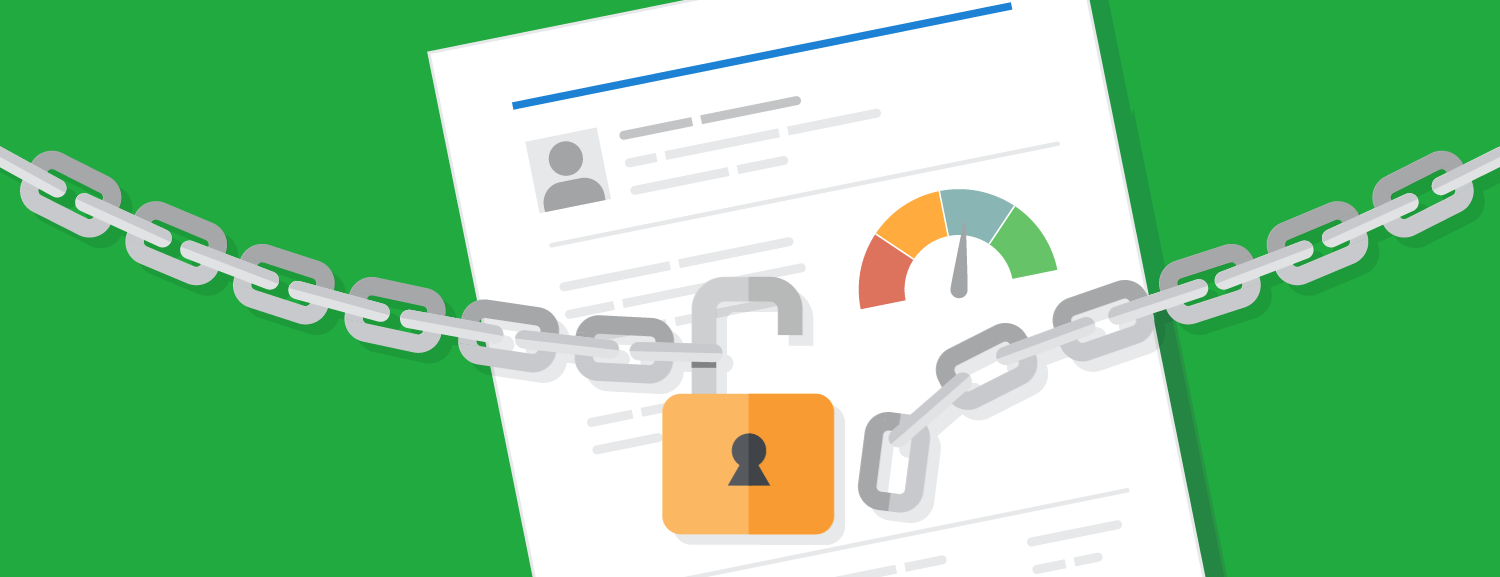Identity theft protection following the Equifax data breach
- English
- Español

Millions of Americans have been impacted by the recent Equifax data breach. Whether or not your personal information has been stolen, there are steps you can take to protect yourself and your credit.
What is identity theft, and what can you do?
Sometimes criminals who steal data use it to engage in identity theft. It’s important to first understand what identity theft is. Identity theft occurs when someone uses your personal information, without your permission, and pretends to be you to commit fraud. Identity thieves may attempt to use your credit cards, open new accounts in your name, or attempt to access your accounts. It can be hard to notice that you were a victim of identity theft until you review your reports or statements and see charges you didn’t make, or are contacted by a debt collector about a debt that you don’t recognize. If you see anything out of the ordinary on your financial statements or credit reports, no matter how small, you should take action immediately.
If you think you are a victim
The first step to address concerns of fraud or identity theft is to contact the nationwide credit reporting companies and review your free credit reports from each of them.
Here are some signs of fraud or identity theft to look for:
- Accounts on your credit reports that you didn’t open
- Incorrect personal information on your credit reports
- Credit inquiries from companies you’ve never contacted
- Wrong amounts showing on your accounts in your credit reports
- Money is missing from your bank account
- Bills that you used to get are no longer being delivered to you
There are also free and low-cost options that provide additional protection from identity theft:
Security freeze
A security freeze on your credit report generally prevents new credit and accounts from being opened in your name.
You can place a freeze on your credit file at any time, but you must contact each credit reporting company.
How a security freeze works
When there is a freeze, creditors can’t access your reporting file and therefore won’t offer new credit. This helps prevent identity thieves from opening fraudulent accounts in your name. However, this also means you won’t be able to apply for credit as easily if you were planning to open a new account or apply for a loan.
Fraud alerts
A fraud alert requires creditors to take steps to verify your identity before opening a new account, issuing an additional card, or increasing the credit limit on an existing account. A fraud alert doesn’t prevent a lender from opening credit in your name in the same way a freeze does, but it does require that lenders take additional steps to verify your identity first.
When you place a fraud alert on your credit report at one of the nationwide credit reporting companies, it must notify the others.
How fraud alerts work
There are two types of fraud alerts.
Initial fraud alerts: Credit reporting companies will keep the alert on your file for 90 days. After 90 days the initial fraud alert will expire and be removed, and you can place another one if you want.
Extended alerts: An extended alert is for identity theft victims and is good for seven years. It requires that creditors contact you through the phone number or other contact method you designate to verify you’re the person making the credit request.
How do identity monitoring or credit monitoring services work?
After a data breach, many companies offer identity monitoring or credit monitoring services.
Identity monitors scan personally identifiable information in credit applications, public records, websites, and other places for any unusual activity that could be signs of identity theft.
Some services may help you watch for problems. They often include a credit monitoring service that watches your credit reports and alerts you to changes to the accounts listed on your credit report.
If you’re offered or considering an identity monitoring or credit monitoring service, make sure you check for trial periods, fees, cancellation requirements, and other restrictions so that you don’t face unexpected fees, charges, or other limitations.
If you're having trouble with a financial product or service, you can submit a complaint with the CFPB online or by calling (855) 411-CFPB (2372).
